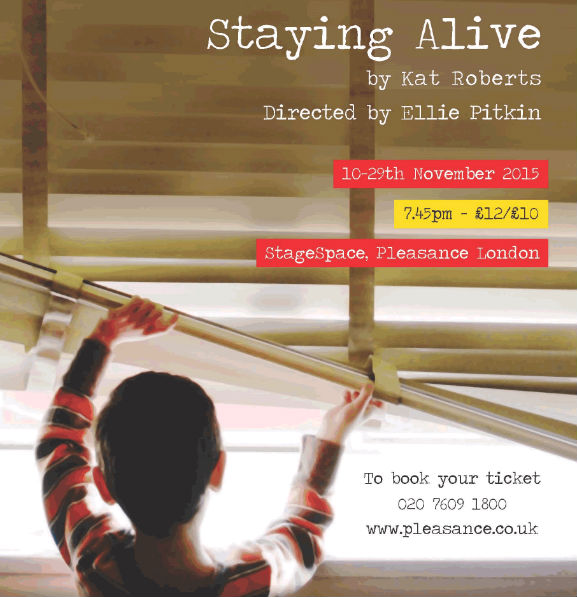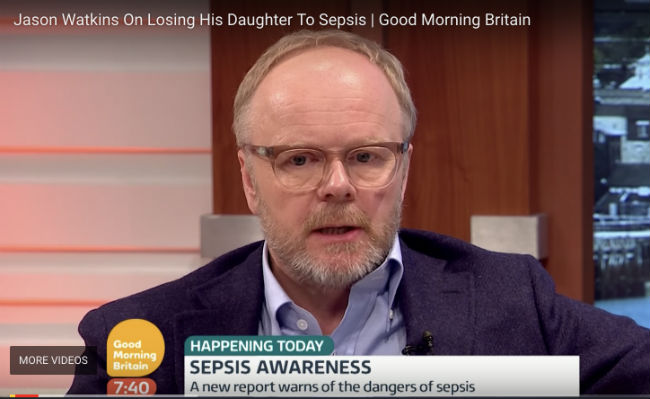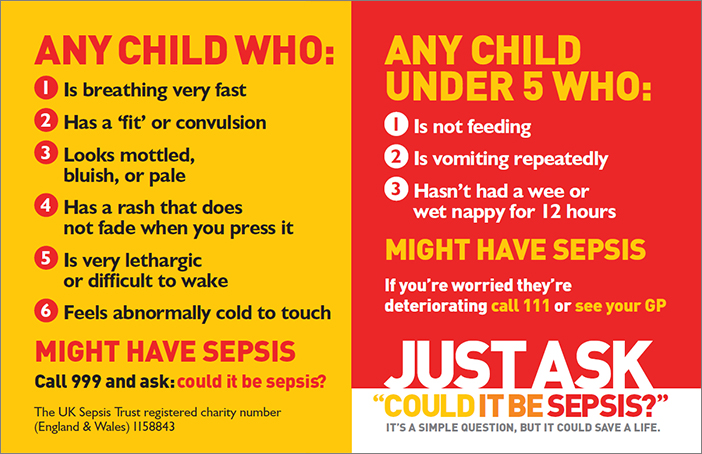
Interview with Nicola Whitworth about ‘Staying Alive’
The production, Staying Alive, deals with a very sensitive issue – the death of a child.
The writer of the production, Kat Roberts, interviewed Nic Whitworth from SLOW in 2015. Nic helped Kat with her research in writing Staying Alive: this kind of in-depth research is part of why Staying Alive is such a remarkable piece of theatre. The following is an excerpt from the interview, click on this link for the full interview.
Can you give us a short background on what SLOW is and what it provides?
SLOW is a self-help group for bereaved parents, run by bereaved parents. It provides a weekly day time group and a monthly evening group where bereaved parents are able to come and listen, talk and simply spend time together in the knowledge that they are with others who share their grief.
What’s the philosophy behind SLOW?
SLOW stands for Surviving the Loss of your World – at your own pace. The philosophy is that grief is a natural response to the untimely death of a child, and we seek to walk alongside each other through the pain that grief involves. Adapting and adjusting to life without your child is a slow process that requires patience and kindness towards yourself and from others. We will provide the space for bereaved parents to find their own way through grief, at their own pace, trusting that each person is unique in the pattern of their grief and will adjust in their own way. We hold onto to the hope that through our sharing community we may each find a way to connect with our child in our own time. Grief is an ever changing landscape: we believe each parent will ultimately find a way to carry their child with them in a way that makes sense to them, though they will never be ‘fixed’
You and Kat (writer of Staying Alive) had quite a long chat regarding the best way to portray this sensitive subject matter. What did you think was the most important thing she had to convey?
That grief of a parent cannot be fixed, and that the experience of time changes completely for bereaved parents. We need time to grieve, time to rest, time to try to rebuild our lives, time to recalibrate our worlds, time to make sense of a senseless world. The past is forever present and the future is frightening. We are irrevocably changed and our children’s names are a joy to hear and we love it when people talk about them – as do parents whose children are thankfully alive.
How is SLOW funded?
We were lucky enough to receive Lottery Funding this year. We also receive funding from Islington Community Chest, London Initiative funds, and we are supported by Waitrose Community Matters scheme, The Marple Trust, and from 2 individuals who have hosted fundraising sporting events for us.
How can we help out with your work?
Our Local Giving page is the best way to support us, though we are very happy for any event to be hosted for us, please get in touch with Nic or Kelly if you would like to fundraise for SLOW. Link to Local Giving below
https://localgiving.org/charity/slow/
The above is copied from the Blackshaw Theatre blog from January of this year. Kat’s Play ‘Staying Alive’ is being run again at the Pleasance Theatre in Islington 10th to 29th November, 2015.
For a review of the play click here.









